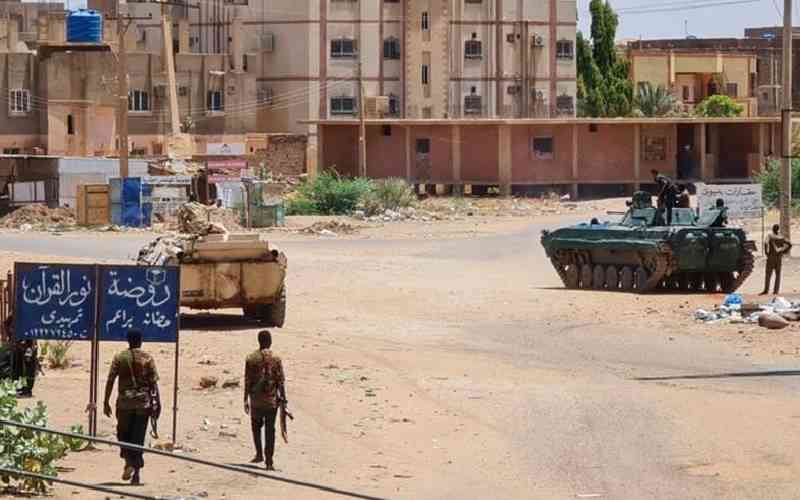×
The Standard e-Paper
Kenya’s Boldest Voice

Lawyer Omar Ushari still remembers the hope that gripped Khartoum after the uprising that overthrew dictator Omar al-Bashir in 2019. Now after a year of war between rival generals, much of the Sudanese capital lies in ruins.
The 37-year-old, then detained for his activism, celebrated behind bars when Bashir was toppled in a palace coup.